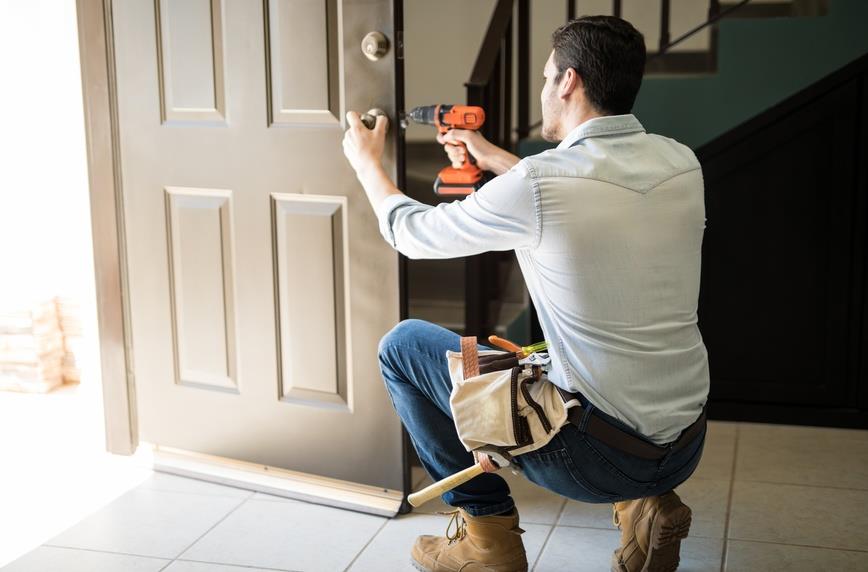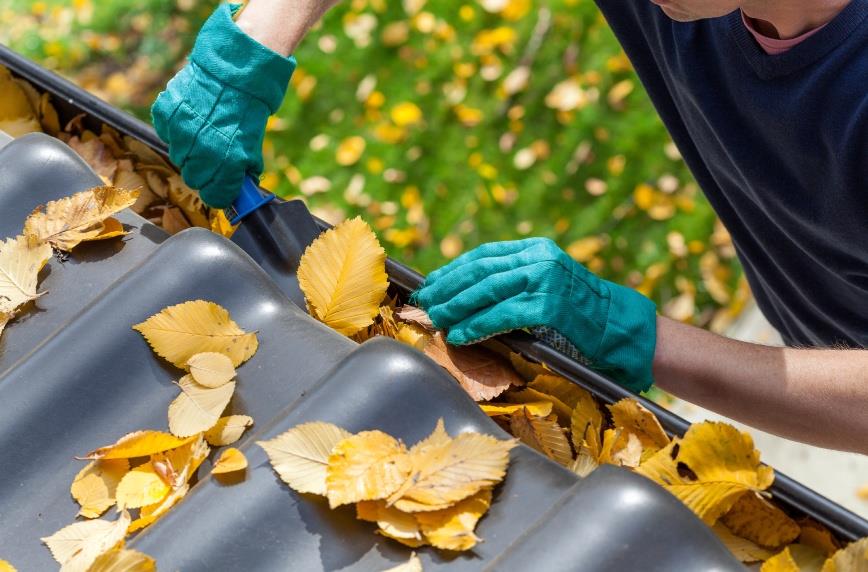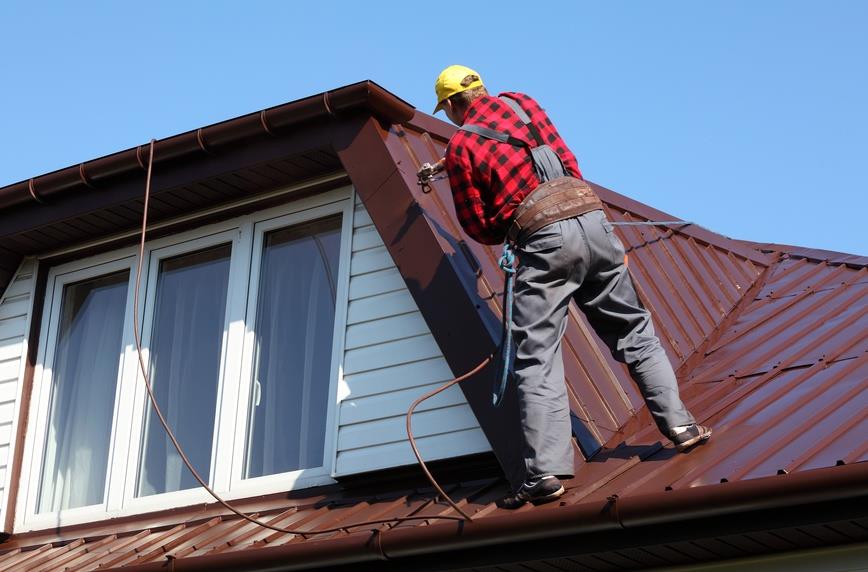For Aussies, Doing It Yourself is more than just a hobby or a curiosity. It’s basically a religion. We want to be able to take care of our own homes when something goes wrong. It’s an opportunity to get our hands dirty, learn something, and maybe save some money along the way.
Unfortunately for Aussie DIY enthusiasts, Australia also has some of the strictest regulations in the world surrounding electrical work.
So, if you’re wondering if you need an electrician for your next electrical job, the answer is most likely a resounding “YES”. Regulations are just one reason why you need to call an electrician for all your electrical needs. In this article, we’ll explore exactly why you need an electrician, as well as a few electrical tasks that you can and can’t do yourself.
DIY Electrical Work Is Illegal
Practically all electrical work in Australia must be carried out by a Registered Electrical Contractor (R.E.C) or a Licenced Electrician.
There are many good reasons why DIY electrical work is illegal, and the first reason is simply common sense. If you paint a wall on your own and something goes wrong, you’re left with a badly painted wall. However, if something goes wrong when you’re performing electrical work, the consequences could be potentially deadly.
Australia’s electrical standards are governed by the Australian / New Zealand Wiring Rules, also known as Australian Standard AS/NZS 3000:2007. Basically, this rule requires you to have a licence and to be able to issue a Certificate of Compliance for all electrical work.
If you complete electrical work illegally and you're caught out at any point, you could face hefty fines of up to $40,000. If your electrical work is deemed to pose a high risk of electrocution, those fines could go as high as $600,000, while individuals can also face jail terms as high as five years.
The Serious Risks to Property and People
If you don’t know exactly what you’re doing, perform electrical work can quickly turn dangerous. You could end up ruining your appliances, your lighting, and much more.
One of the greatest risks to your property comes in the form of a house fire. Electrical hazards as common as an overheating wire can lead to a fire, which could quickly spread throughout your property.
The risk to individuals performing DIY electrical work can be even more dire. If you’re not a trained electrician or electrical contractor, you could easily make a mistake that causes you or someone else to get electrocuted. An electrical shock could be minor, but it could also lead to serious burns or even disrupt your heartbeat. The most serious cases of accidental electrocution can lead to death, which is a risk that’s never worth taking!
If hefty fines and potential jail time don’t deter you, think of the risk to people and property before you attempt DIY electrical work. To protect yourself, your loved ones, and your property, always call an electrician.
Electrical Tasks You Thought You Could DIY That Are Actually ILLEGAL!
When we said Australian electrical standards were strict, we meant it!
You might have considered doing some of the below electrical tasks yourself, and maybe you’ve even completed some of them before. However, these tasks are illegal under Australian laws unless carried out by a Licenced Electrician.
- Replacing a power point
- Replacing a light switch
- Installing a fan
- Repairing an appliance
- Attaching a new plug
- Building an extension lead or replacing an existing lead on an appliance
Electrical Work That You Can DIY in Australia!
How many electricians does it take to change a lightbulb?
Technically, the answer is none. This is one of the few tasks that you are permitted to complete without being a Licensed Electrician or Registered Electrical Contractor.
The other tasks you can carry out without an electrician are all similar. They are simple installations that don’t require any wiring or advanced electrical work.
Some electrical tasks you can complete yourself include:
- Changing blown lightbulbs and LED downlights
- Fitting an electric wall oven that has already been connected
- Installing a non-wired (battery operated) smoke alarm
- Taking out an old washing machine drive belt and installing a new one
- Installing certain garden lights
DIY Home Renovations and Electrical Work
Home renovations are a favourite DIY activity, but there are certain cases where you will need to get a professional involved.
If you’re upgrading electrical appliances, outlets, or heating and cooling systems, make sure you call a Licenced Electrician to help you. Other elements of a home renovation that require a professional electrician include home automation installations and installing new light fittings. While you are permitted to replace a lightbulb yourself, light fittings are a different story!
On the off chance that you don't have a clue about the age of your breaker board, call a circuit repairman to discuss a weighty up board redesign! The assistance is speedy, simple, reasonable, and can keep away from a great difficult situation down the line.
Need a confirmed electrical technician that you can truly trust? Interface with the talented, guaranteed electrical project workers' specialists’ group for the quality help you merit.
What About Buying Electrical Equipment?
Ironically, you can legally buy a lot of electrical gear that you’re not allowed to install without a licence. Light fittings, wiring, and electrical appliances are all available to purchase off the shelf at a hardware store.
When it comes to electrical equipment, feel free to purchase whatever you want. Just make sure you don’t install it yourself!
Protect Your Home and Family with a Licenced Electrician
A lot can go wrong when you work with electricity, from legal ramifications to property damage to life and death situations. To avoid all these issues and ensure your electrical work is as good as it can be, always partner with a Licenced Electrician Electrical Contractor. Partnering with a professional could save you more than just money in the long term, so if you’re unsure, make the call today!
Are You a Professional?
Requests for your services are coming in left and right. Let’s connect and grow your business, together.
-
More like this






